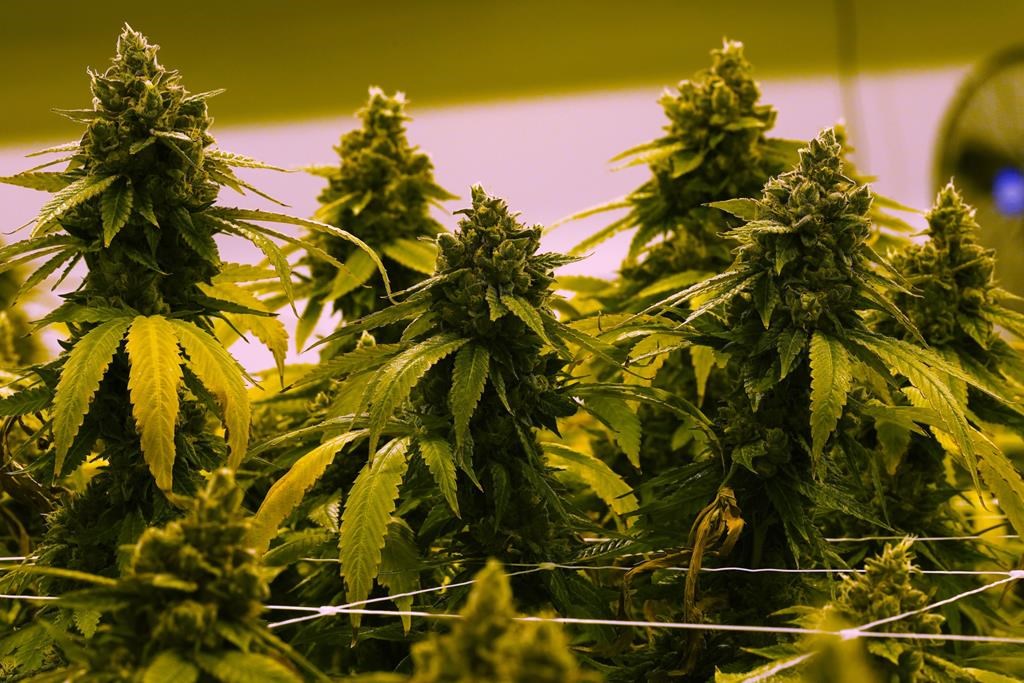It’s 4/20 and researchers at the University of Alberta have some good news for medical cannabis users.

New research has uncovered biomarkers in the blood that are linked to cognitive dysfunction and impairment due to the use of medical cannabis, and this could lead to more personalized treatment and impairment testing.
“The problem is, many of the patients that are seeking medical cannabis as a treatment for pain complain that the side effect is that they’re getting high and experiencing cognitive dysfunction and impaired motor skills and they can’t drive and they can’t work,” said Jason Dyck, a professor of pediatrics and director of the Cardiovascular Research Centre at the University of Alberta.
“The research is showing that not only does CBD have an effect, but it also seems to be CBD and THC (tetrahydrocannabinol) together.”
The research was conducted by giving male rats oil containing medical-grade cannabis with and without THC. The rats’ reactions were then studied.
“What we found is that there’s a certain, we call it biomarker or a fingerprint, and there are a number of biomarkers that indicate if the animals are cognitively impaired or not,” Dyck said.
He noted that although this research is still in its early stages, he hopes these findings could lead not only to better roadside impairment testing, but also to help create more personalized medical cannabis products that can help with pain management while reducing impairment.
“We’re moving towards precision medicine,” Dyck said.
“What we’re trying to do, instead of look at the absolute number… we want to ideally tell what type of concentration of THC can help you avoid the high and still get all of the medical benefits, so that’s what our metabolic fingerprint will do.”
In this metabolomics study, the researchers noted that animals treated with medical cannabis containing THC had lower levels of butyric acid in their blood. This is a microbial byproduct of digestion.
The next step for the team will be to examine whether butyric acid or sodium butyrate supplements could be effective at lessening impairment when using medical cannabis.




Comments